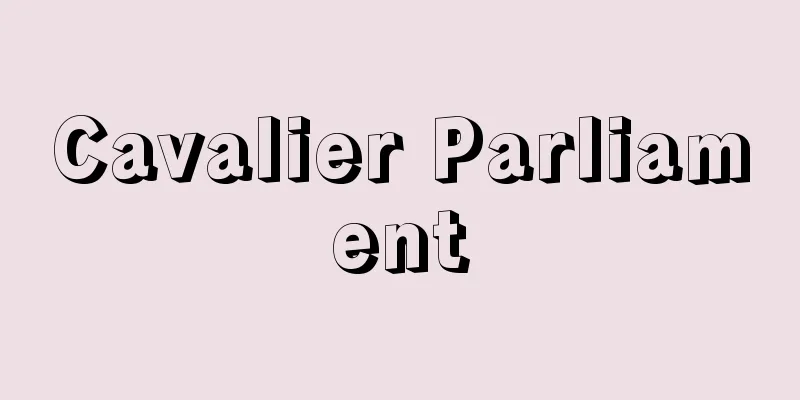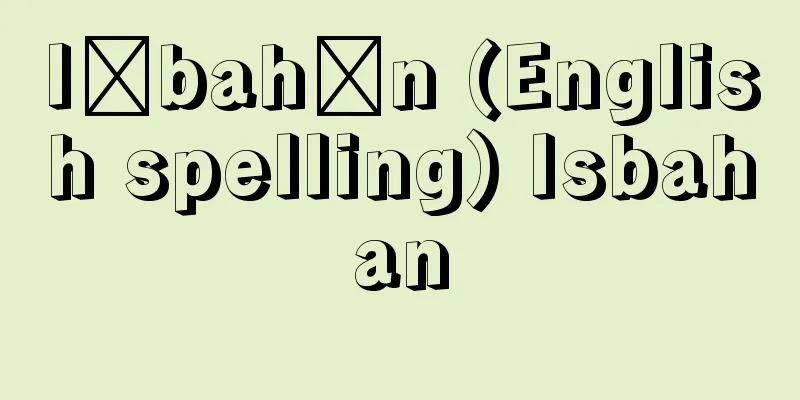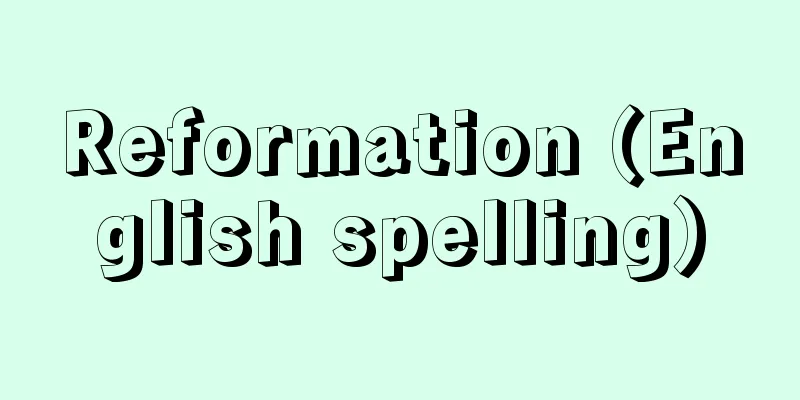Cavalier Parliament

|
Parliament of England during the Restoration period (1661-79). It was so named because many of its members were remnants of the Knights, who were supporters of the Royalists. It was reactionary in its early days, passing the Clarendon Code, but it also opposed the Declaration of Religious Freedom, and later took a stronger stance against King Charles II, passing the Test Act and the Habeas Corpus Act. Source: Encyclopaedia Britannica Concise Encyclopedia About Encyclopaedia Britannica Concise Encyclopedia Information |
|
イギリス,王政復古期の議会 (1661~79) 。国王派である騎士党の残党が多かったためこの名がある。初期にはクラレンドン法典を成立させるなど,反動的であったが,一方では信仰自由宣言に反対し,のちには国王チャールズ2世に対立する姿勢を強め,審査法や人身保護法を制定した。
出典 ブリタニカ国際大百科事典 小項目事典ブリタニカ国際大百科事典 小項目事典について 情報 |
Recommend
Sand cat - Sand cat (English spelling)
A mammal of the Felidae family in the carnivorous ...
New book - Shinsho
A common name for small books slightly larger than...
Iserskaya Hori - Iserskaya Hori
…A mountainous region that stretches across the n...
Prime Minister - Naikakusouridaijingin
The Minister of State is the head of the Cabinet. ...
Yitzchak Ben Zvi
1884‐1963 Leader of the Israeli labor movement and...
Sales - Selling
…Generally, it refers to the movement of a day, b...
liaison
…Add water, lemon juice, and spices, simmer for 2...
classifier
… When the fluid is air or other gas, the classif...
Byoutou Islands
An archipelago located in eastern China, between ...
Quy Nhon (English spelling)
The capital of Binh Dinh Province in central Vietn...
Jushiyama [village] - Jushiyama
A village in Ama County, western Aichi Prefecture....
Kochen, S.
…This is a concept that exists within ordinary ma...
Hypoproteinemia (hypoproteinemia)
This refers to a pathologically low state of total...
Erlang's formula - Erlang's formula
…The probability of encountering a busy line due ...
Theory of the outer garment and the inner body - Gainainaitaisetsu
…Several theories have been proposed about the st...









